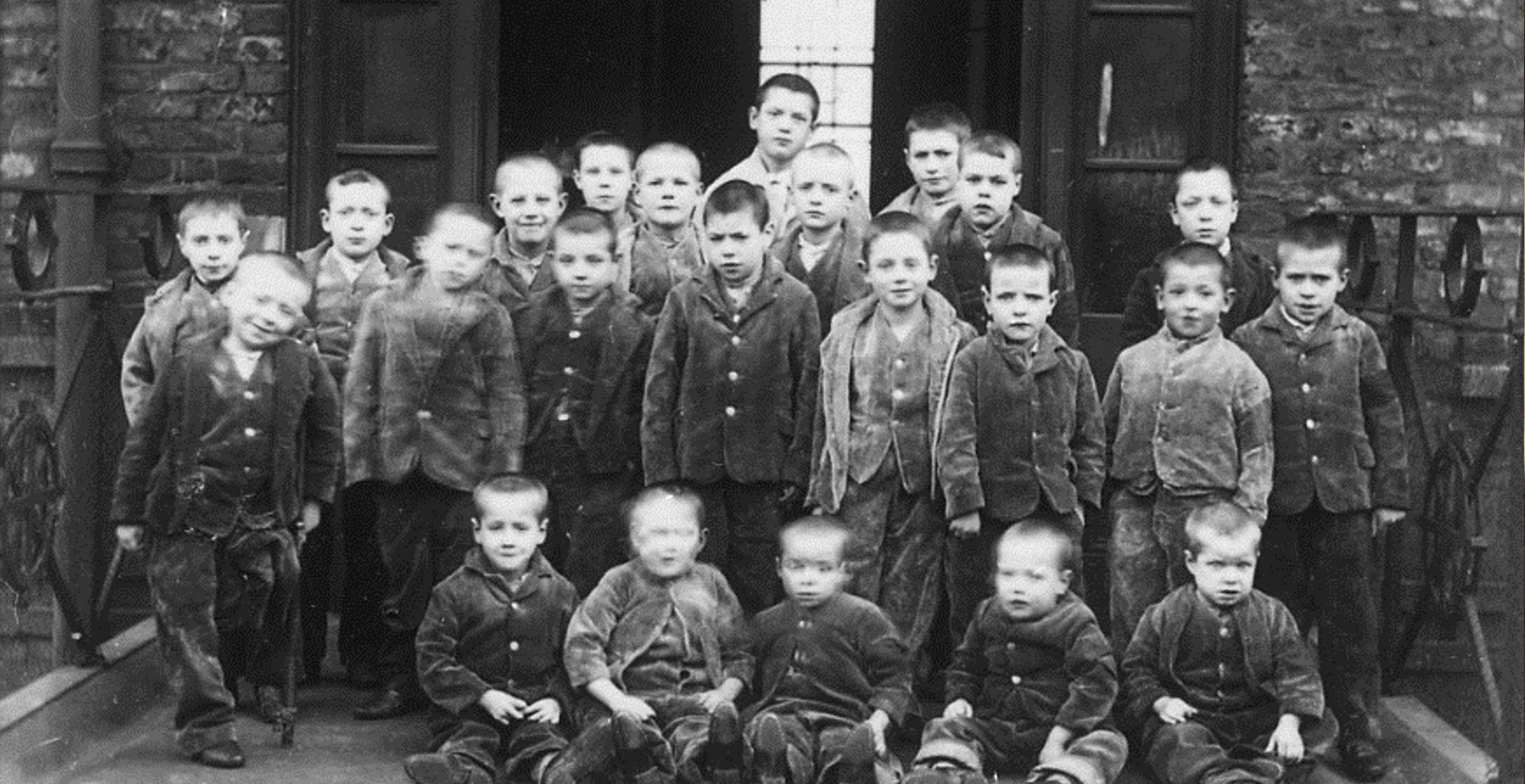Latimer
JUB Addict
- Joined
- Feb 2, 2010
- Posts
- 6,581
- Reaction score
- 487
- Points
- 83
"Downtown Los Angeles has been described as 'third world' after shocking footage reveals a homeless encampment with open fires in the street and trash-covered sidewalks. The startling video, posted to X by Fox News reporter Bill Melugin, shows dozens of homeless people sitting and standing on filthy sidewalks on the corner of San Pedro Street and 6th Street in the Skid Row neighborhood of LA. Some are seen standing around an open fire in the street, just moments away from the Midnight Mission, a $17 million center for the homeless."--Daily Mail

 www.dailymail.co.uk
www.dailymail.co.uk


 finance.yahoo.com
finance.yahoo.com
"The sale may complicate plans by the city of Los Angeles to lease more than 300,000 square feet in the building. The city has been negotiating with the receiver in control of the property for months to sign what would be one of the region's largest office leases of the year if it is approved by the City Council."
Why, I wonder, does the city think it needs an additional 300,000 s.f. of office space? Does it plan to further expand the city bureaucracy? And why? The city hardly needs more people sitting in desks in a posh skyscraper. It's particularly absurd because, in the short term, it needs to shed jobs due to a projected $400 million deficit:
"LOS ANGELES — As the City of Los Angeles faces a potential budget shortfall that could go up to $400 million due to overspending and new labor contracts, the City Council is looking at ways to close that gap, including cutting non-critical vacant job positions. However, city departments are still looking to hire for essential jobs, including through the Department of Public Works’ Clean LA Jobs Program." --Spectrum 1 News

US Home | Daily Mail Online
MailOnline - get the latest breaking news, celebrity photos, viral videos, science & tech news, and top stories from MailOnline and the Daily Mail newspaper.


Los Angeles office skyscraper faces foreclosure sale
The foreclosure comes as the value of office buildings has plunged amid higher vacancies. Elevated interest rates have also weighed on prices and made it difficult for building owners to refinance debt.
"The sale may complicate plans by the city of Los Angeles to lease more than 300,000 square feet in the building. The city has been negotiating with the receiver in control of the property for months to sign what would be one of the region's largest office leases of the year if it is approved by the City Council."
Why, I wonder, does the city think it needs an additional 300,000 s.f. of office space? Does it plan to further expand the city bureaucracy? And why? The city hardly needs more people sitting in desks in a posh skyscraper. It's particularly absurd because, in the short term, it needs to shed jobs due to a projected $400 million deficit:
"LOS ANGELES — As the City of Los Angeles faces a potential budget shortfall that could go up to $400 million due to overspending and new labor contracts, the City Council is looking at ways to close that gap, including cutting non-critical vacant job positions. However, city departments are still looking to hire for essential jobs, including through the Department of Public Works’ Clean LA Jobs Program." --Spectrum 1 News






